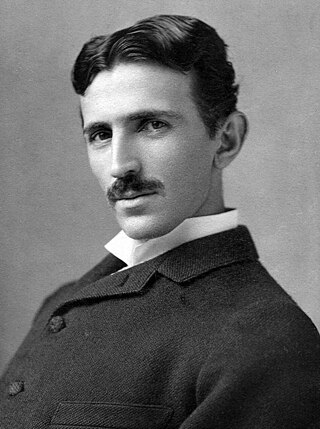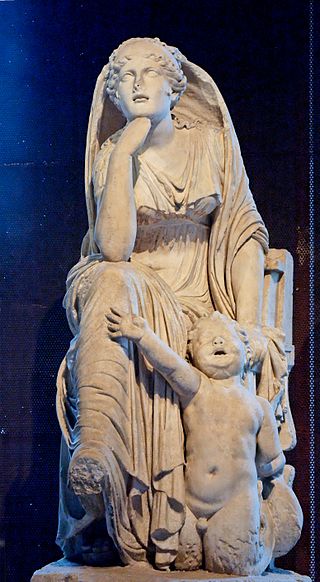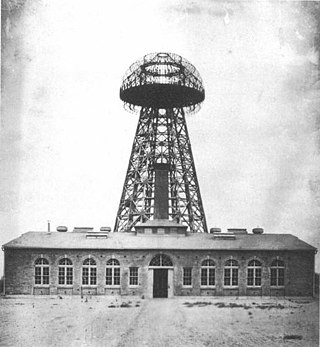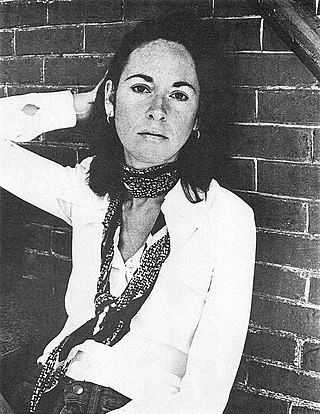Related Research Articles

John Keats was an English poet of the second generation of Romantic poets, along with Lord Byron and Percy Bysshe Shelley. His poems had been in publication for less than four years when he died of tuberculosis at the age of 25. They were indifferently received in his lifetime, but his fame grew rapidly after his death. By the end of the century, he was placed in the canon of English literature, strongly influencing many writers of the Pre-Raphaelite Brotherhood; the Encyclopædia Britannica of 1888 called one ode "one of the final masterpieces". Jorge Luis Borges named his first time reading Keats an experience he felt all his life. Keats had a style "heavily loaded with sensualities", notably in the series of odes. Typically of the Romantics, he accentuated extreme emotion through natural imagery. Today his poems and letters remain among the most popular and analysed in English literature – in particular "Ode to a Nightingale", "Ode on a Grecian Urn", "Sleep and Poetry" and the sonnet "On First Looking into Chapman's Homer".

Nikola Tesla was a Serbian-American inventor, electrical engineer, mechanical engineer, and futurist. He is best known for his contributions to the design of the modern alternating current (AC) electricity supply system.

Thetis is a figure from Greek mythology with varying mythological roles. She mainly appears as a sea nymph, a goddess of water, and one of the 50 Nereids, daughters of the ancient sea god Nereus.

Pindar was an Ancient Greek lyric poet from Thebes. Of the canonical nine lyric poets of ancient Greece, his work is the best preserved. Quintilian wrote, "Of the nine lyric poets, Pindar is by far the greatest, in virtue of his inspired magnificence, the beauty of his thoughts and figures, the rich exuberance of his language and matter, and his rolling flood of eloquence, characteristics which, as Horace rightly held, make him inimitable." His poems can also, however, seem difficult and even peculiar. The Athenian comic playwright Eupolis once remarked that they "are already reduced to silence by the disinclination of the multitude for elegant learning". Some scholars in the modern age also found his poetry perplexing, at least until the 1896 discovery of some poems by his rival Bacchylides; comparisons of their work showed that many of Pindar's idiosyncrasies are typical of archaic genres rather than of only the poet himself. His poetry, while admired by critics, still challenges the casual reader and his work is largely unread among the general public.
Hyperion, a Fragment is an abandoned epic poem by 19th-century English Romantic poet John Keats. It was published in Lamia, Isabella, The Eve of St. Agnes, and Other Poems (1820). It is based on the Titanomachia, and tells of the despair of the Titans after their fall to the Olympians. Keats wrote the poem from late 1818 until the spring of 1819. The poem stops abruptly in the middle of the third book, with close to 900 lines having been completed. He gave it up as having "too many Miltonic inversions." He was also nursing his younger brother Tom, who died on 1 December 1818 of tuberculosis.

Wardenclyffe Tower (1901–1917), also known as the Tesla Tower, was an early experimental wireless transmission station designed and built by Nikola Tesla on Long Island in 1901–1902, located in the village of Shoreham, New York. Tesla intended to transmit messages, telephony, and even facsimile images across the Atlantic Ocean to England and to ships at sea based on his theories of using the Earth to conduct the signals. His decision to increase the scale of the facility and implement his ideas of wireless power transmission to better compete with Guglielmo Marconi's radio-based telegraph system was met with refusal to fund the changes by the project's primary backer, financier J. P. Morgan. Additional investment could not be found, and the project was abandoned in 1906, never to become operational.
Rużar Briffa (1906–1963) was a Maltese poet and dermatologist, and a major figure in Maltese literature.

Stranger Music is a 1993 book by Leonard Cohen. It compiles many of his published poems, as well as the lyrics to his songs.

George Sylvester Viereck was a German-American poet, writer, and pro-German propagandist. He worked on behalf of Nazi Germany. He preferred to use the name Sylvester.
Russell Simmons presents Def Poetry, better known as simply Def Poetry Jam or Def Poetry, is a spoken word poetry television series hosted by Mos Def and airing on HBO between 2002 and 2007. The series features performances by established and up-and-coming spoken word poets. Performances also include special appearances by well-known actors and musicians, as well as occasional performances by Mos Def himself. Co-created by Bruce George, Danny Simmons, Deborah Pointer, Stan Lathan, and Russell Simmons, the show is a spin-off of the popular Def Comedy Jam which began airing on HBO in the 1990s. As with Def Comedy, Simmons appears at the end of every episode to thank the audience.

Sonnet 71 is one of 154 sonnets written by the English playwright and poet William Shakespeare. It's a member of the Fair Youth sequence, in which the poet expresses his love towards a young man. It focuses on the speaker's aging and impending death in relation to his young lover.
Teleforce is a proposed defensive weapon by Nikola Tesla that accelerated pellets or slugs of material to a high velocity inside a vacuum chamber via electrostatic repulsion and then fired them out of aimed nozzles at intended targets. Tesla claimed to have conceived of it after studying the Van de Graaff generator. Tesla described the weapon as being able to be used against ground-based infantry or for anti-aircraft purposes.
This article lists the complete poetic bibliography of John Keats (1795–1821), which includes odes, sonnets and fragments not published within his lifetime, as well as two plays.
The Destiny of Nations was composed by Samuel Taylor Coleridge as part of Robert Southey's Joan of Arc epic poem. The lines were later isolated from Southey's and expanded. The new poem includes Coleridge's feelings on politics, religion, and humanity's duty to helping each other.

Priapeia 68 or Priapea 68 is the sixty-eighth poem in the Priapeia, a collection of Latin poetry of uncertain authorship. The eighty poems lack a unified narrative, but share Priapus, an ithyphallic god of fertility worshiped in both Ancient Hellenic and Roman religions, as by turns a speaker and subject. While the Priapeia's author is unknown, Franz Bücheler has claimed that the poems are Augustan in style, and probably were the work of a single writer in the circle of Marcus Valerius Messalla Corvinus, a Roman general and art enthusiast who “like other distinguished men of that age, occupied himself with amusements of this kind.” Earlier traditions credited Vergil with the authorship of at least some of the Priapeia.
"After Apple-Picking" is a poem by American poet Robert Frost. It was published in 1914 in North of Boston, Frost's second poetry collection. The poem, 42 lines in length, does not strictly follow a particular form, nor does it follow a standard rhyme scheme.

Robert Burns's Commonplace Book 1783–1785 is the first of three commonplace books that were produced by the poet. The contents cover drafts of songs and poems, observations, ideas, epitaphs, etc.

John Ballantine (1743–1812), was a Scottish merchant and banker and one of the greatest friends, admirers and closest confidants of Robert Burns. Significantly Ballantine gave the poet advice on the selection of poems for his First Kilmarnock Edition as well as being asked for his opinion on the bard's poems.

The 2020 Nobel Prize in Literature was awarded to the American poet Louise Glück (1943–2023) who the Swedish Academy members praised "for her unmistakable poetic voice that with austere beauty makes individual existence universal." The winner was announced on October 8, 2020, by Mats Malm, permanent secretary of the Swedish Academy. She is the 13th Nobel laureate in Literature from the United States after 2016 laureate Bob Dylan and 1993 laureate Toni Morrison.
References
- ↑ "Tesla Life and Legacy – Poet and Visionary". PBS. Retrieved 5 July 2012.
- ↑ "Poem: "Fragments of Olympian Gossip"". PBS. Retrieved 8 August 2012.
